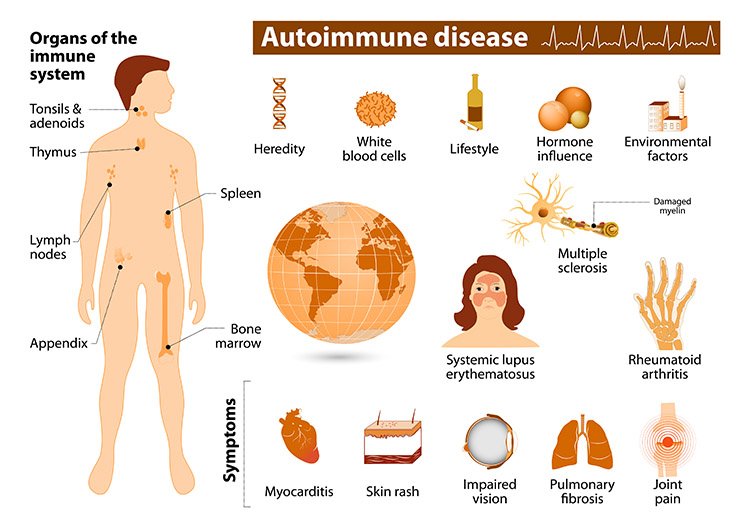As mentioned in my previous post, castor oil has gained popularity among many influencers as a potential remedy for various immune diseases. However, as a local Hong Konger, I have not come across anyone in my immediate circle using it as a lifestyle remedy. Nonetheless, I have developed a keen interest in exploring traditional wisdom related to health care. My research on naturopathy and various online sources has shed light on the diverse uses of castor oil beyond its beauty applications. It appears that people view it as a potent oil for preventing and treating autoimmune diseases.
According to information obtained from Sciencedirect.com, castor oil is derived from castor beans and is known to possess a range of health benefits. It has been used to combat eye infections, liver disorders, and even sexually transmitted diseases. The plant itself is widely cultivated and naturalized in tropical and subtropical regions of America, many temperate areas of Europe, and India. In South India, it is referred to as “amanakku” in Tamil. Castor seed oil, obtained from the plant, is a rich source of ricinoleic acid and triglycerides, which have significant therapeutic value.
Castor oil is particularly valuable in health treatments due to its high content of ricinoleic acid, making up approximately 90% of its composition. Ricinoleic acid possesses anti-inflammatory and pain-reducing properties, which can aid in reducing skin inflammation, promoting healing, and alleviating pain in individuals with wounds.
In the context of Ayurveda, an ancient Indian system of medicine, castor oil is referred to as “vaat hari” in India. Ayurveda recognizes the concept of “Vata” dosha, representing one of the three fundamental energies or principles that govern the body. Vata is associated with movement, including bodily functions such as circulation, respiration, and elimination.
The term “hari” can be translated as “balancing” or “reducing.” Therefore, when castor oil is described as having a “vaat hari” effect, it signifies its ability to help balance or reduce the aggravation of the Vata dosha.
Within Ayurveda, castor oil is considered beneficial due to its warming and lubricating properties. These properties help counterbalance the dryness and coldness associated with an aggravated Vata dosha. As a result, castor oil is often utilized in Ayurvedic treatments to support digestion, relieve constipation, and nourish the body.
Please note that while castor oil has been valued in traditional practices such as Ayurveda, it’s important to consult with qualified healthcare professionals for personalized advice and guidance regarding its use in the treatment of specific health conditions.
*Disclaimer: This article is intended for general informational purposes only. It should not be used as a self-diagnosis tool, and it does not replace medical examination, diagnosis, treatment, prescription, or professional recommendations. Always consult with a healthcare professional before trying any new remedies or treatments.
Remember to use castor oil and any other natural remedies with caution and consult with a healthcare professional if you have any underlying health conditions or concerns.
Written by Charm-retirement.com
March, 2024

